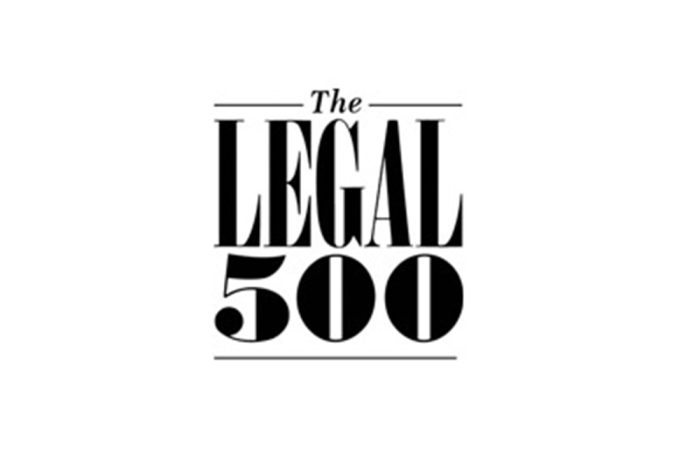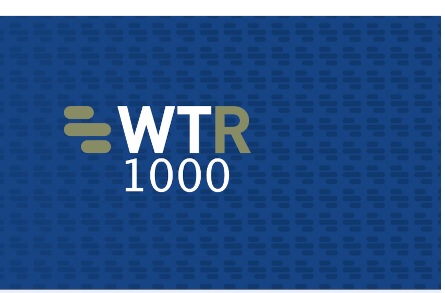
In a landmark decision, the European Union Intellectual Property Office (EUIPO) has ruled against McDonald’s in its trademark dispute with Irish fast-food chain Supermac’s. This ruling, announced on June 5, 2024, marks a significant moment in trademark law and has far-reaching implications for businesses across the EU.
The Case at a Glance
McDonald’s, the global fast-food giant, has long held the trademark for “Big Mac” across the European Union. However, Supermac’s challenged this trademark, arguing that McDonald’s was not using the “Big Mac” trademark as required, primarily to stifle competition rather than to identify its own products. The EUIPO found in favor of Supermac’s, concluding that McDonald’s had not sufficiently proven genuine use of the “Big Mac” trademark within the EU.
Detailed Findings
Big Mac Usage Limited to Burgers:
The EUIPO emphasized that McDonald’s usage of the “Big Mac” trademark was primarily associated with its burger products and not broadly across its restaurant services. This distinction was crucial in determining the scope and validity of the trademark.
Evidence of Use:
The evidence presented by McDonald’s, including affidavits, packaging, and promotional materials, was deemed insufficient to demonstrate the continuous and genuine use of the trademark for a wide range of goods and services. This lack of compelling evidence played a pivotal role in the decision to revoke the trademark.
Key Takeaways from the Ruling
- Trademark Use Requirement:
The ruling underscores the importance of the genuine use requirement for trademarks within the EU. Companies must demonstrate active and consistent use of their trademarks in the market to maintain their legal protections. Simply holding a trademark without putting it to genuine commercial use can lead to its revocation. - Impact on Brand Strategy:
This decision serves as a critical reminder for brands to reassess their trademark portfolios and ensure that all registered trademarks are being actively utilized. Businesses should document and maintain evidence of such use to safeguard their trademarks against potential challenges. - Specificity of Trademark Use:
Companies must ensure that their trademarks are used consistently across all the goods and services for which they are registered. The differentiation between using “Big Mac” for burgers versus broader restaurant services highlights the necessity for clear and comprehensive usage. - Competition and Market Access:
The ruling is a significant win for smaller businesses and startups, as it helps prevent larger corporations from using trademark registrations as a tool to unfairly limit competition. It fosters a more competitive market environment, encouraging innovation and fair play. - Legal Precedents and Future Disputes:
This case sets a precedent for future trademark disputes, emphasizing that the EUIPO will closely scrutinize claims of non-use. Companies engaged in trademark litigation will need to present comprehensive and convincing evidence of use to defend their trademarks.
For any issue related to the protection of your trademark in Cyprus, in the EU and internationally, don’t hesitate to contact us
More info: INFO@IPCYPRUS.COM





